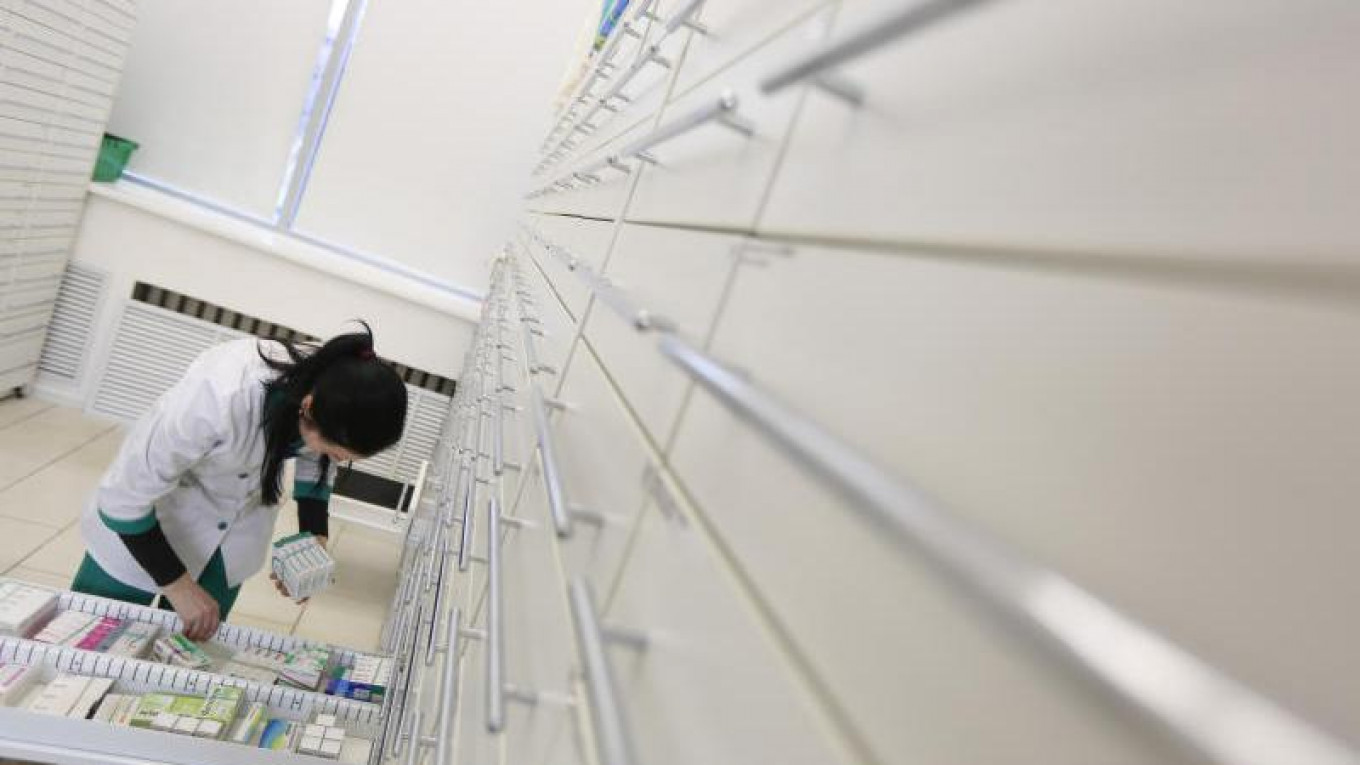Russian regions are being forced to slash spending on cancer medications amid growing costs, new data has revealed.
Statistics for 2016 show that spending on oncology treatment has fallen in almost half of Russia's 85 regions, Russian tabloid Izvestia reported Wednesday.
Some areas cut funds by almost half, with the Far Eastern republic of Sakhalin decreasing its annual spending by 48.5 percent. The Khanty-Mansi region saw spending decrease by 47.9 percent, while the Magadan region cut spending by 39 percent.
Analysts told Izvestia that rising drug prices were putting pressure on regional governments.
"In Russia, there is no general standard of care for cancer patients," David Melik-Huseynov, Director of Russia's Institute of Healthcare and Medical Management, said.
"The same drugs are needed to treat cancer, regardless of where a patient lives. But everything depends on regional budgets," he said.
Certain regions boosted funding: noticeably in Sevastopol, where spending increased by 451 percent. The Republic of Buryatia also upped funds by 249.9 percent, while the Voronezh region increased their budget by 231.9 percent.
A Message from The Moscow Times:
Dear readers,
We are facing unprecedented challenges. Russia's Prosecutor General's Office has designated The Moscow Times as an "undesirable" organization, criminalizing our work and putting our staff at risk of prosecution. This follows our earlier unjust labeling as a "foreign agent."
These actions are direct attempts to silence independent journalism in Russia. The authorities claim our work "discredits the decisions of the Russian leadership." We see things differently: we strive to provide accurate, unbiased reporting on Russia.
We, the journalists of The Moscow Times, refuse to be silenced. But to continue our work, we need your help.
Your support, no matter how small, makes a world of difference. If you can, please support us monthly starting from just $2. It's quick to set up, and every contribution makes a significant impact.
By supporting The Moscow Times, you're defending open, independent journalism in the face of repression. Thank you for standing with us.
Remind me later.






